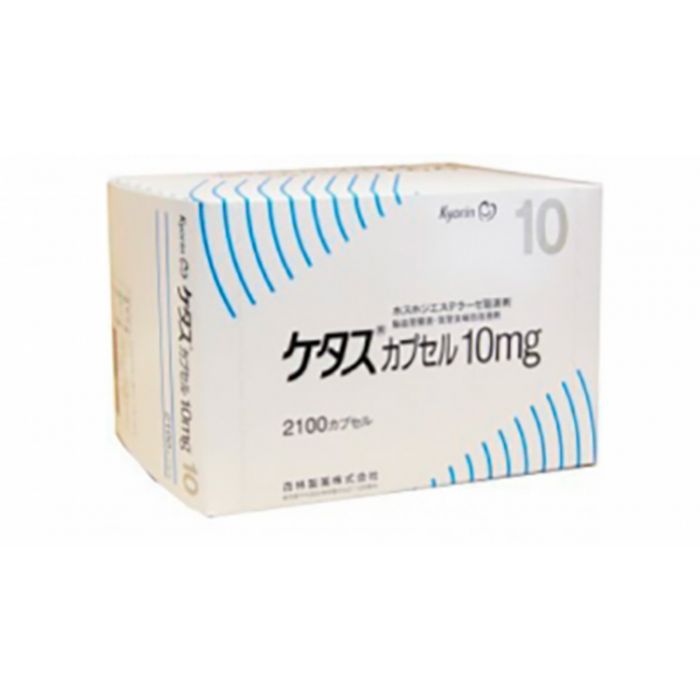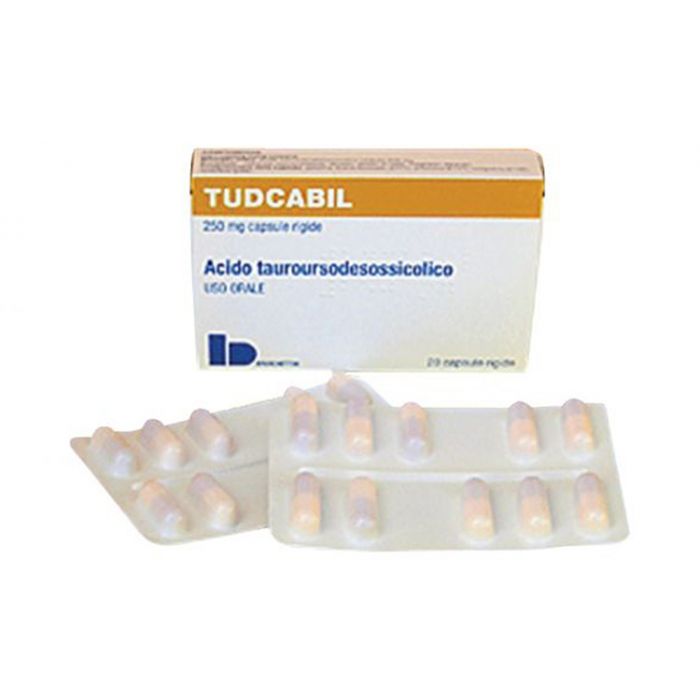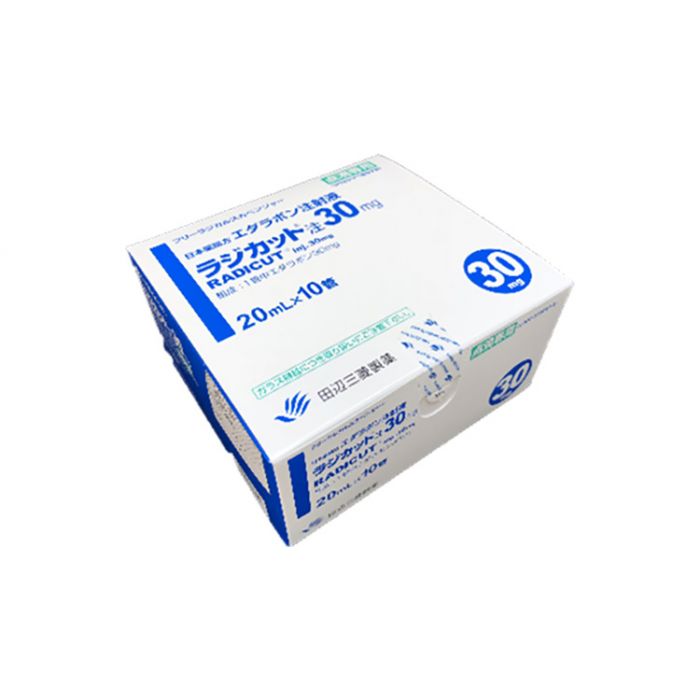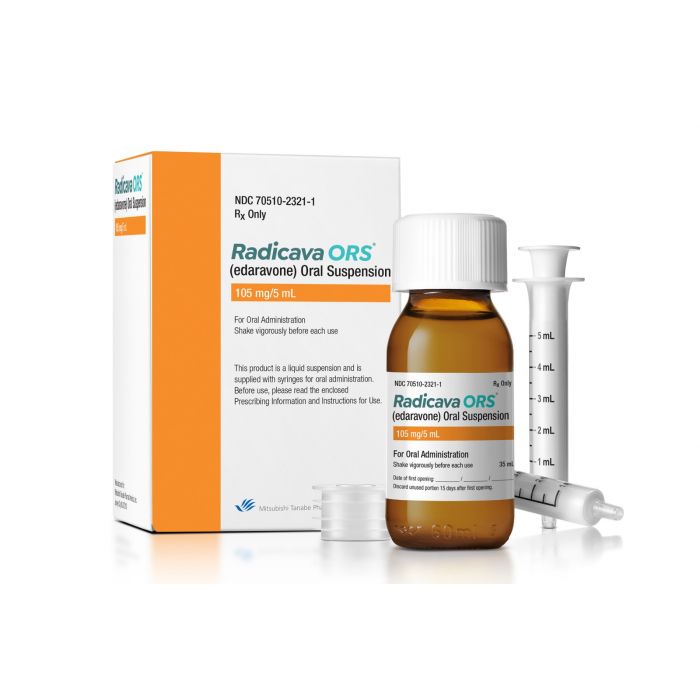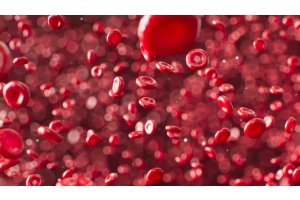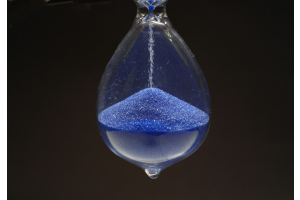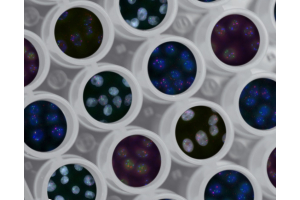New ALS treatments 2022
Last updated: 13 November 2023
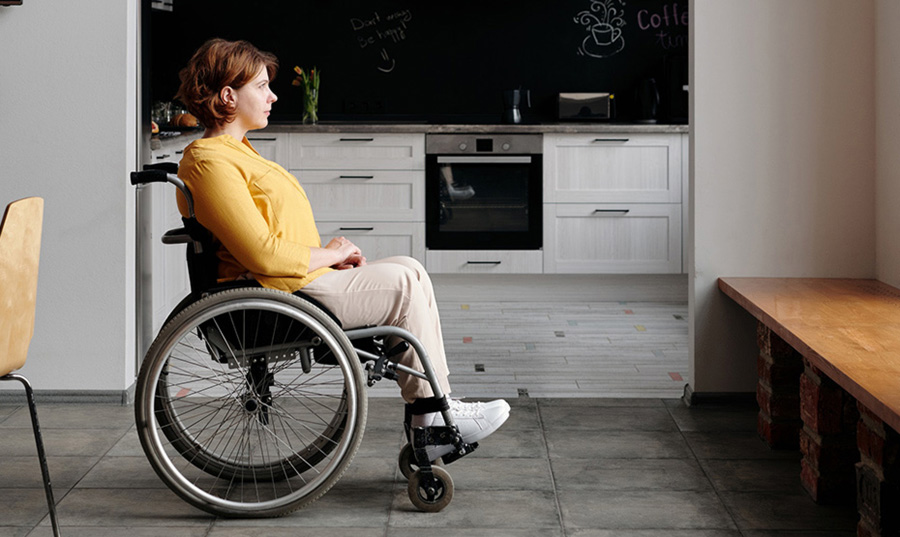
You can legally access new medicines, even if they are not approved in your country.
Learn more »What is ALS?
Amyotrophic Lateral Sclerosis (ALS) or Lou Gherig’s Disease is a rapidly progressive neurological disease which attacks the neurons involved with voluntary movement, called motor neurons. It is estimated that ALS affects 2 in 100,000 people every year in Europe and the US. The worldwide annual incidence of ALS is estimated to be about 1.9 per 100,000.
ALS is characterized by stiff muscles, muscle twitching, and gradually worsening weakness due to muscle loss. This results in difficulty speaking, swallowing, and eventually breathing. Usually, the onset of the disease starts around the age of 60 and in inherited cases around the age of 50.
The cause of ALS is not known, and scientists do not yet know why ALS strikes some people and not others. However, evidence from scientific studies suggests that both genetics and environment play a role in the development of ALS.
Currently, there is no cure for ALS. The ALS treatment options available mostly relieve symptoms, extend life expectancy and improve the quality of life.
What are the newest approved ALS medications?
Several medicines have been approved for the treatment of ALS around the world. If you are trying to access a medicine that is approved outside of your country of residence, we might be able to help you access it. Some medicines that ALS patients access with us might currently not be approved for ALS but for other indications. However, the patient's treating doctor is allowed to prescribe 'off-label' medicines for their patient. You can read more about medicines and their price below:
What are the latest ALS breakthroughs and ALS news?
There are several ALS medications that are not yet approved in any country and currently under clinical trial. Here are some of them:
Masitinib1
Masitinib is an orally administered tyrosine kinase inhibitor that can target mast cells and microglia, immune cells of the central nervous system. It can protect both the central and peripheral nervous systems by blocking the function of immune cells that are involved in ALS progression. In July 2019, phase 2/3 clinical trial (NCT02588677) showed that ALS progression is slowed down when masitinib is given in combination with Riluzole. Phase 3 clinical trial (NCT03127267) has started on October 1 2020 and is estimated to be completed in December 2022.
Arimoclomol2
Arimoclomol is an orally or naso/gastrically-administered small molecule that can cross the blood-brain barrier. It can amplify the production of heat-shock proteins (HSPs), which can reduce protein misfolding and aggregation and improve lysosomal function.
In January 2019, phase 2/3 clinical trial (NCT00706147) had positive results in combination with Riluzole. Phase 3 clinical trial (NCT03491462) is ongoing, and its results are expected in the first half of 2021.
Tofersen3
Tofersen is a medicine that is administered intrathecally (via an injection into the spinal canal). It
inhibits the Superoxide Dismutase 1 (SOD1) gene, the second most common genetic form of ALS. Tofersen is an antisense oligonucleotide (ASO) that is designed to reduce the production of SOD1 protein production.
In July 2020, phase 1/2 clinical trial (NCT02623699) had positive results. Phase 3 clinical trial VALOR (NCT02623699) results are expected by June 2021.
NurOwn4
NurOwn is a stem cell-based therapy that uses mesenchymal stem cells (MSC), which are capable of differentiating into other cell types, to promote and support the repair of nerve cells. MSCs are collected from the bone marrow, after which they are expanded and matured into cells that produce high levels of neurotrophic factors compounds that promote nervous tissue growth and survival. The mature cells are then infused back into the patient through an injection into the spinal canal.
In July 2018, phase 2 clinical trial (NCT02017912), showed promising results. In November 2018, the top line data from the phase 3 clinical trial (NCT03280056) showed a failure to significantly slow the disease progression in ALS Patients. The data is currently under review.
Why access a new ALS medicine with everyone.org?
Our support team speaks with many patients every day, but once in a while, we are lucky enough to be able to relay stories written by patients themselves. Here are the stories of Marc and Marcus who are both living with ALS.
everyone.org is registered in The Hague with the Dutch Ministry of Health (registration number 16258 G) as a pharmaceutical wholesale distributor. We have helped hundreds of ALS patients in the US to access ALS medicines. With a prescription from your treating doctor, you can count on our expert team to safely and legally guide you in accessing new ALS drugs. If you or someone you know are looking to access an ALS medicine that is not yet approved where they live, we can support you. Contact us for more information.
ALS Patient Stories
References
- Ketas (Ibudilast) - Thesocialmedwork.com
- Tudca (tauroursodeoxycholic acid) - Thesocialmedwork.com
- Radicut (edaravone) - Thesocialmedwork.com
- Radicava ORS (edaravone) - Thesocialmedwork.com
- Tiglutik (riluzole) - TheSocialmedwork.com
- Mastinib Ab Science/ Clinicaltrials.gov/ALS News Today
- Arimoclomol Orphazyme/ Neurology Live /Clinicaltrials.gov
- Tofersen Biogen/ALS.org
- NurOwn ALS News Today/ Clinicaltrials.gov/ ALS News Today
Disclaimer: This article is not meant to influence or impact the care provided by your treating physician. Please do not make changes to your treatment without first consulting your healthcare provider. This article is not intended to diagnose or treat illness or to influence treatment options. everyone.org is as diligent as possible in compiling and updating the information on this page. However, everyone.org does not guarantee the correctness and completeness of the information provided on this page.


